Urtext Editions
Have you heard of urtext editions? It’s probably safe to say that all serious musicians come across this term, and use urtext editions, at some
Have you heard of urtext editions? It’s probably safe to say that all serious musicians come across this term, and use urtext editions, at some

Happy New Year! The New Year brings new opportunities, new experiences and new hopes and dreams. Many people create new goals for themselves. In music,
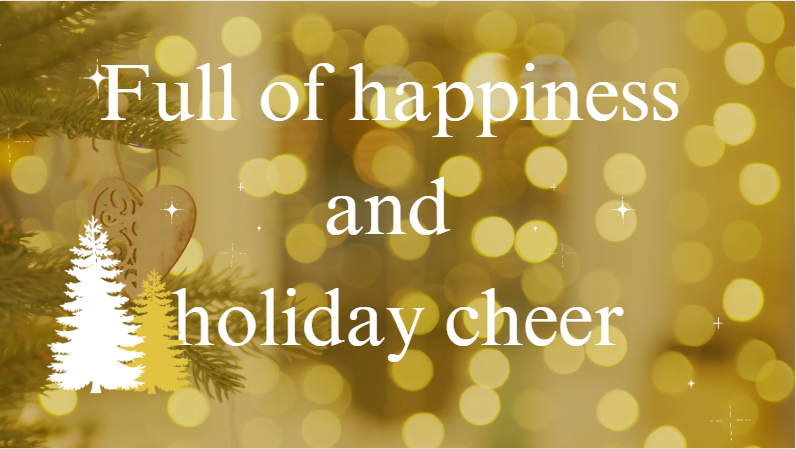
Wishing you the very happiest of holiday seasons! We will catch you in the New Year. Until then…
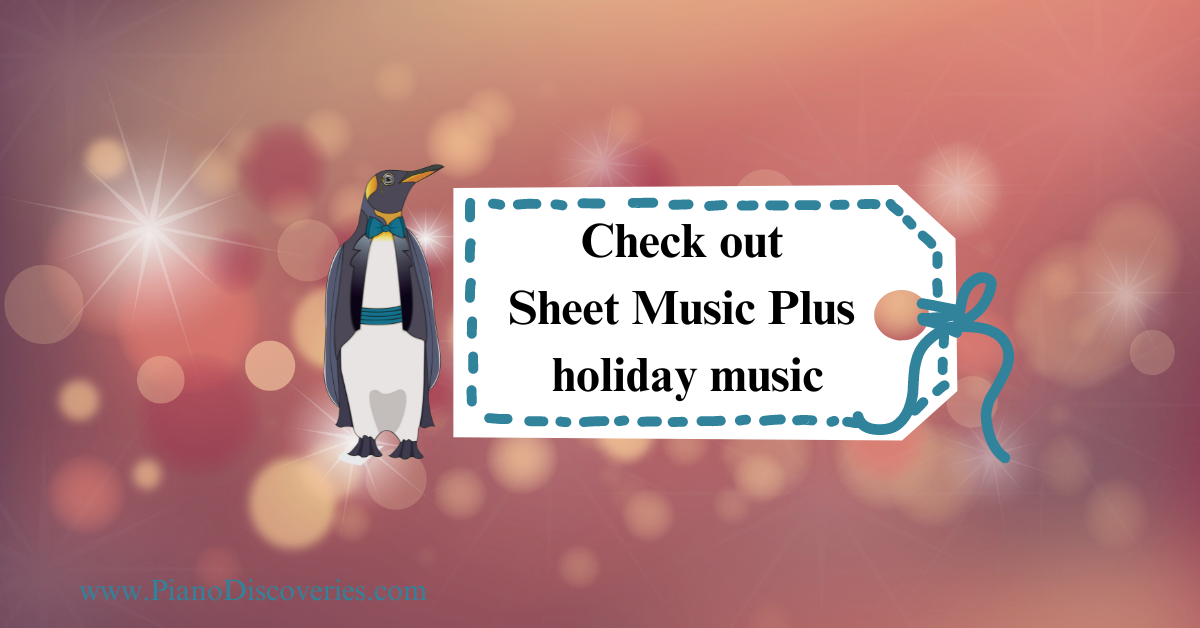
The wintry season is upon us, and whatever holiday celebrations you enjoy, there are many wonderful pieces for this holiday season which you or your
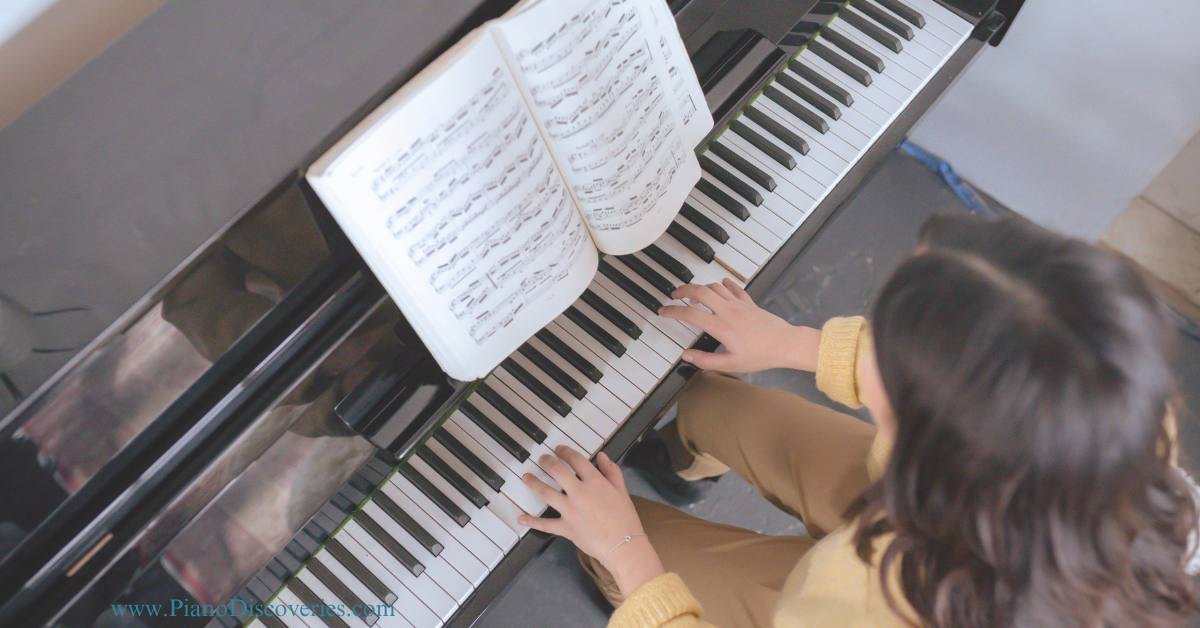
This is an interesting question. Is it possible for a student to become proficient at an instrument that they don’t have access to on a
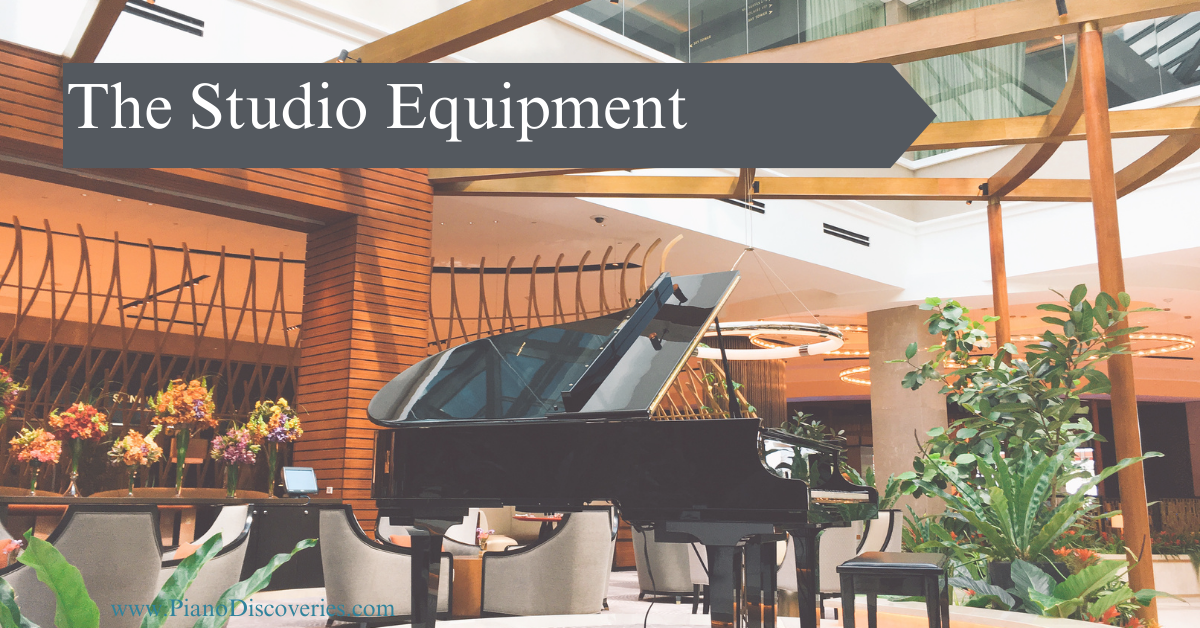
It doesn’t take much, in terms of utilizing piano studio equipment, to be an awesome teacher. But there are many wonderful resources and tools today

The look and feel of your piano studio can impact the quality of experience your students have. Is the studio inviting? Is it exciting for
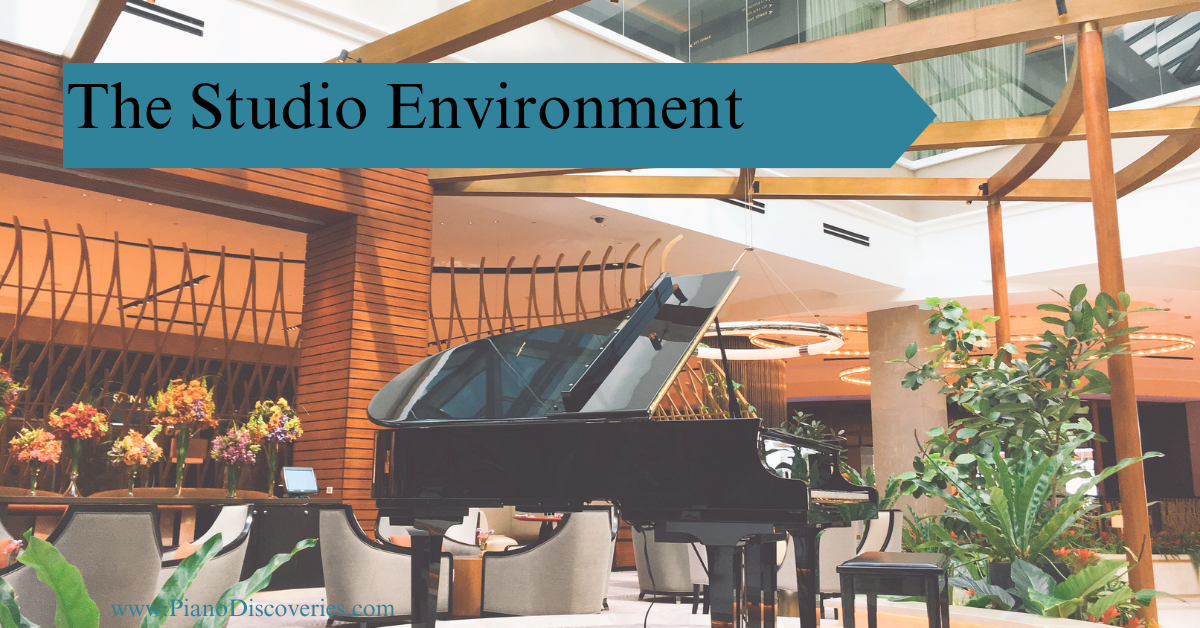
Whether you teach piano out of your home, in the home of your students, or in a commercial setting, there are some things which make
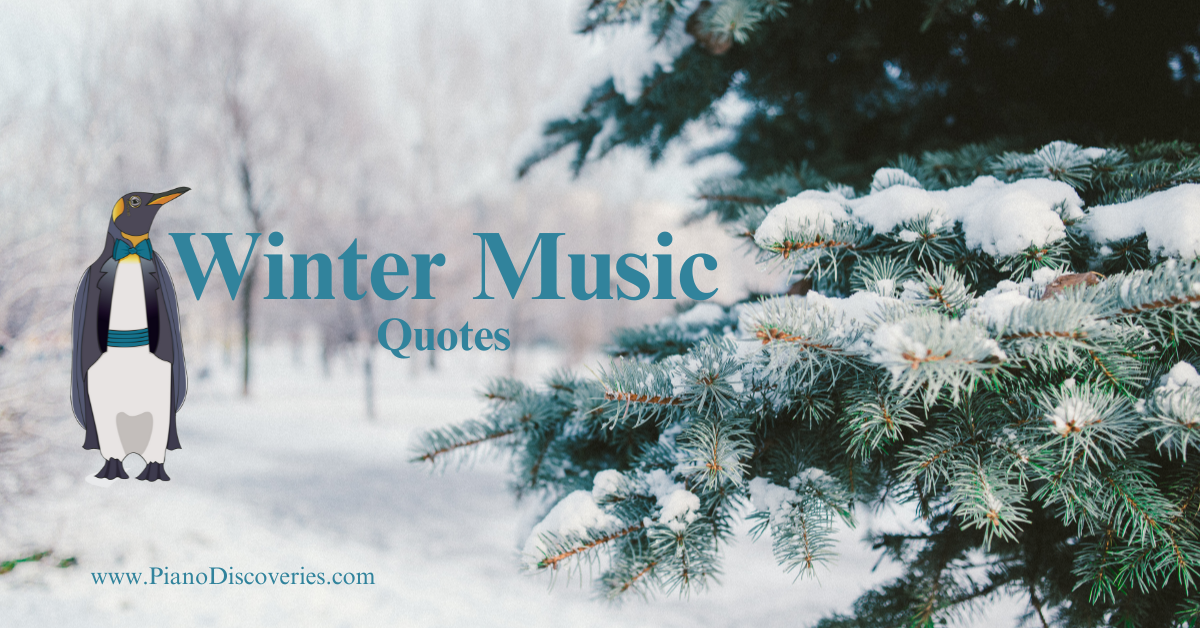
“Music brings a warm glow to my vision, thawing mind and muscle from their endless wintering.” — Haruki Murakami, “Hard-Boiled Wonderland and the End of
© 2009-2023 Piano Discoveries. All rights reserved.
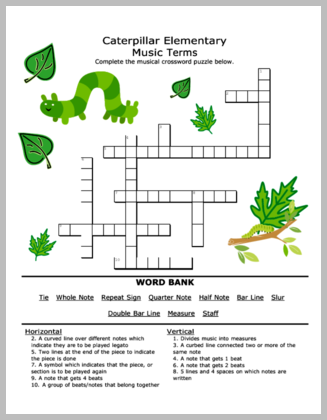
Provide students with a fun and exciting way to practice elementary theory terms. This crossword puzzle includes 10 early elementary music terms and definitions — tie, whole note, repeat sign, quarter note, half note, bar line, slur, double bar line, measure and staff.